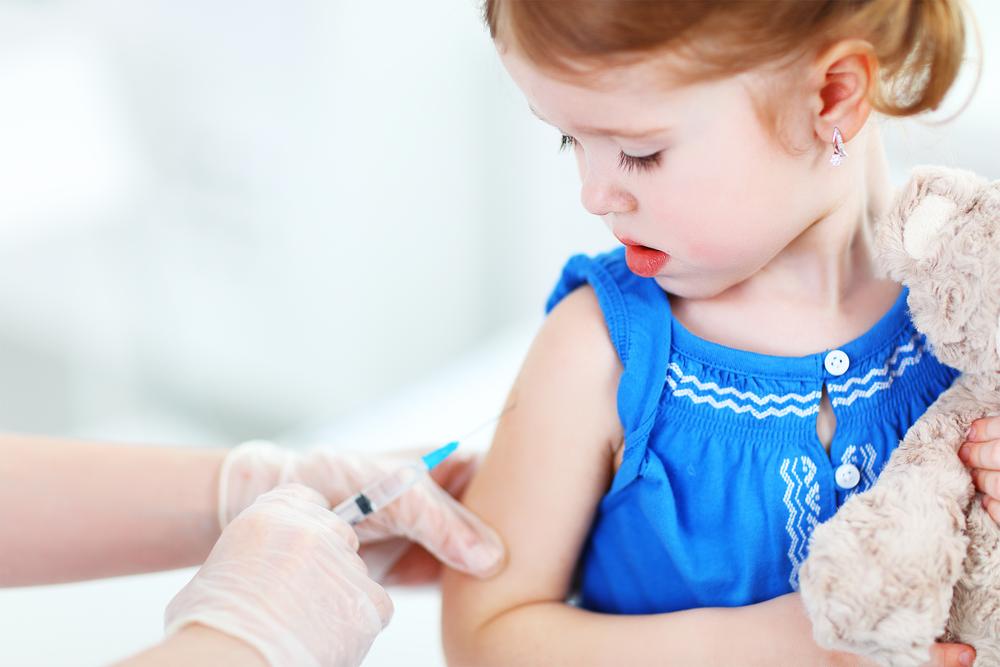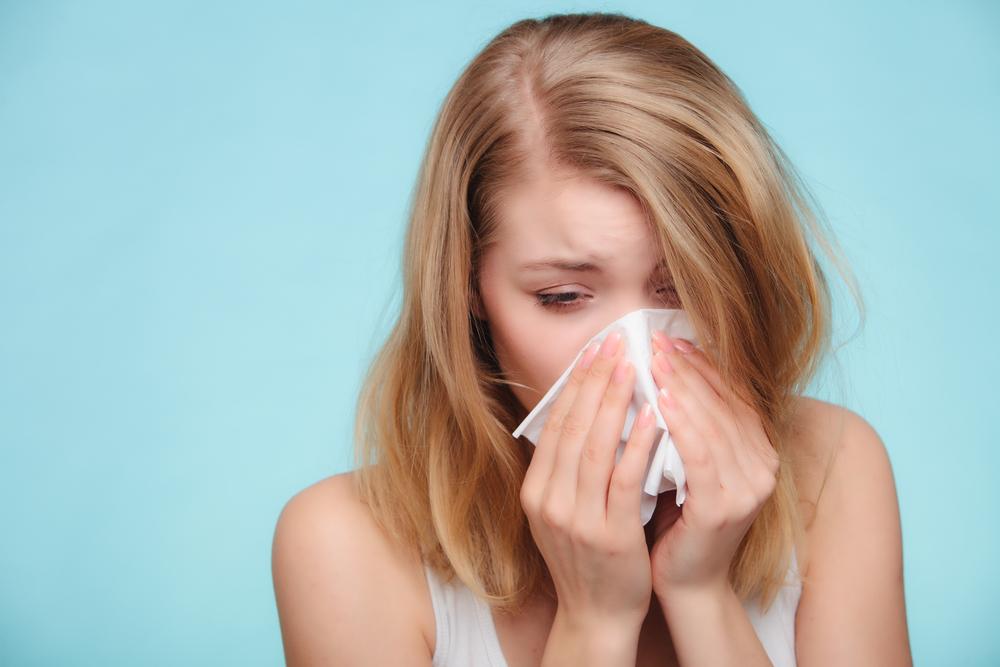Comprehensive Updated Vaccination Schedule for Adolescents and Preteens in 2023
This comprehensive vaccination guide for adolescents and tweens provides updated schedules and vital information on essential vaccines like Tdap, HPV, meningococcal, polio, and more. It emphasizes the importance of timely immunizations to protect children from preventable diseases and ensures community safety. The article offers practical advice on scheduling and booster doses, helping parents and guardians stay informed and proactive in their child's health management. Staying current with vaccinations is crucial for long-term health, disease prevention, and community well-being.

Comprehensive Updated Vaccination Schedule for Adolescents and Preteens in 2023
As children transition into preadolescence and adolescence, typically around the ages of 7 and above, it becomes increasingly vital to ensure their immunization records are up to date. This stage of childhood and teenage development is a critical window for reinforcing previous vaccines and administering new ones that are specifically recommended by health authorities for this age group. Staying current with vaccinations not only protects the individual child from various preventable diseases but also safeguards their community by reducing infection spread. Proper immunization during this vital stage is a cornerstone of public health, reducing disease outbreaks and protecting vulnerable populations such as immunocompromised individuals and the elderly.
The Centers for Disease Control and Prevention (CDC) provides a detailed immunization schedule that guides parents, guardians, and healthcare providers in planning appropriate vaccination treatments for children and teens. It emphasizes the significance of timely vaccinations and addressing missed doses to ensure optimal immunity for children and adolescents as they grow. This comprehensive guide highlights the vaccines recommended for this age group, explains their importance, and offers advice on scheduling and booster doses to maintain effective protection.
Tdap (Tetanus, Diphtheria, and Pertussis) Vaccine
The Tdap vaccine is crucial for safeguarding against three serious bacterial diseases: diphtheria, tetanus, and pertussis (commonly known as whooping cough). It is typically administered around the ages of 11 or 12 years, aligning with the routine immunization schedule. If your child missed this vaccination earlier, it is not too late; the vaccine can be given at any age, ideally before entering middle school or early adolescence. This vaccine is a vital component of the school vaccination requirements and plays a critical role in community health by preventing outbreaks of pertussis, which can be particularly severe in teens and young adults. Ensuring your child receives the Tdap booster on time helps maintain immunity and protects vulnerable populations.
Hepatitis B Vaccine
The hepatitis B vaccine is recommended for children from birth up to 19 years, with particular emphasis during the early school years. For children aged 7 to 18, completing the hepatitis B series is essential. This vaccine protects against hepatitis B virus infection, which can cause chronic liver disease and cancer later in life. Proper scheduling and completing the full series of doses ensure long-term immunity. Healthcare providers can offer personalized guidance to confirm your child has received all necessary doses according to their age, medical history, and exposure risk.
Hepatitis A Vaccine
Hepatitis A is a liver infection caused by the hepatitis A virus, transmitted primarily through ingestion of contaminated food and water. If your child has not yet received this vaccine, scheduling a vaccination is advisable. While not considered immediately threatening to children, hepatitis A can cause significant illness in older children and adults and can be transmitted to vulnerable populations. The vaccine is typically given in two doses, spaced six months apart, to maximize immunity. Protecting your child with hepatitis A vaccination contributes to broader community health efforts, especially in areas with higher endemic rates.
Human Papillomavirus (HPV) Vaccine
The HPV vaccine is a critical tool in preventing HPV-related cancers, including cervical, anal, and other genital cancers. The CDC recommends vaccinating children at ages 11 or 12, ideally completing the series before potential sexual exposure. The standard schedule involves two doses, six months apart, for those starting the series at 15 years or younger. For adolescents aged 15 and older or those with compromised immune systems, a three-dose series is recommended to ensure adequate immunity. Administering the HPV vaccine early provides the best chance to prevent HPV infections and their associated health risks later in life.
Meningococcal Vaccine
Meningococcal disease is a serious bacterial infection that can cause meningitis and bloodstream infections, which can be life-threatening. This vaccine is recommended for preteens around ages 11 or 12, with a booster shot at age 16 to maintain immunity during the high-risk adolescent years. It protects against multiple strains of meningococcus, and vaccination has significantly reduced the incidence of meningitis in vaccinated populations. In some cases, individuals with specific health conditions or living situations (such as college dormitories) may need additional doses or different vaccination schedules. Consulting your healthcare provider ensures your teen is fully protected against meningococcal disease.
Polio Vaccine
The polio vaccine has been one of the most successful public health efforts in eradicating polio worldwide. Most children complete their polio immunization in infancy, but if your child has not received the complete series or if there are gaps in their vaccination history beyond age 4, additional doses may be necessary. The inactivated polio vaccine (IPV) provides lifelong protection, and booster doses are usually not required after completing the initial series. Always check your child's immunization records and consult your healthcare provider for guidance on any additional doses or catch-up schedules necessary to ensure they are protected against this potentially crippling disease.
Influenza Vaccine
Annual flu vaccination remains a cornerstone of preventive health care for everyone over six months of age. With flu viruses continuously evolving, an annual vaccination helps reduce the risk of severe illness, hospitalization, and flu-related complications. Young children, teenagers, and adults should all receive their yearly flu shot, typically before the flu season peaks, which varies by year and geography. Influenza vaccines may be updated annually to match circulating strains, making it essential to vaccinate everyone every year to maintain optimal protection. Encouraging your child to get vaccinated each fall helps protect their health and reduce community transmission.
Measles, Mumps, and Rubella (MMR) Vaccine
The MMR vaccine is essential for preventing three highly contagious viral diseases: measles, mumps, and rubella. If your child has missed these doses, they can receive vaccination at any time, with doses spaced at least four weeks apart. The vaccine's effectiveness is highest when given early, and completing the series protects your child from potentially severe complications such as pneumonia, encephalitis, and congenital rubella syndrome. In recent years, outbreaks of measles and mumps have highlighted the importance of maintaining vaccination coverage. Ensuring your child's immunizations are current not only protects their health but also contributes to herd immunity, safeguarding the community.
Chickenpox (Varicella) Vaccine
Chickenpox is a highly contagious disease that can cause serious complications, especially in older children and adolescents. For children over 13, two doses of the varicella vaccine are recommended, with at least a four-week interval between doses. For those under 13 who have not contracted chickenpox or received the vaccine, two doses are also advised, spaced at least three months apart. The vaccine effectively prevents varicella and its complications, including bacterial infections and pneumonia. Vaccination not only protects your child but also reduces overall transmission within the community, especially in settings such as schools and camps. Ensuring vaccination in this age group remains a key preventive measure to promote long-term health.





